BLOG POST
Using tech to fight the virus: How much privacy are South Koreans relinquishing in the battle against COVID-19?
By Jean H. Lee on April 7, 2020
The South Korean student seemed just fine when she returned to Seoul from school in Boston earlier this month. No cough, no fever. Immigration authorities warned her to stay home and self-quarantine for two weeks. But she was upset that coronavirus had forced her family to cancel a vacation in Hawaii so her mother took her to the southern Korean island of Jeju as consolation.
On Day 1 of their Jeju vacation, the student started feeling ill. After returning home to Seoul, both she and her mother tested positive for COVID-19. Investigators immediately swooped in to recreate every step of their travels, scouring surveillance footage, cellphone records, and credit card statements. Twenty Jeju businesses shut down as a precaution, and more than 90 people went into self-quarantine.
Angered by their defiance of the self-quarantine order, the governor of Jeju said he would sue the student for more than 132 million South Korean won ($100,000) in damages. It is a case that has sparked debate, with some petitioning in support of punishment and others questioning whether the public vilification in the name of national good is a violation of privacy.
South Korea has been lauded for flattening the curve of COVID-19 with its lightning fast, coordinated response — rightly so — but its methods have also raised questions about whether the government is going too far with technology and surveillance in the name of the public good.
Read more on the Asia Dispatches blog.

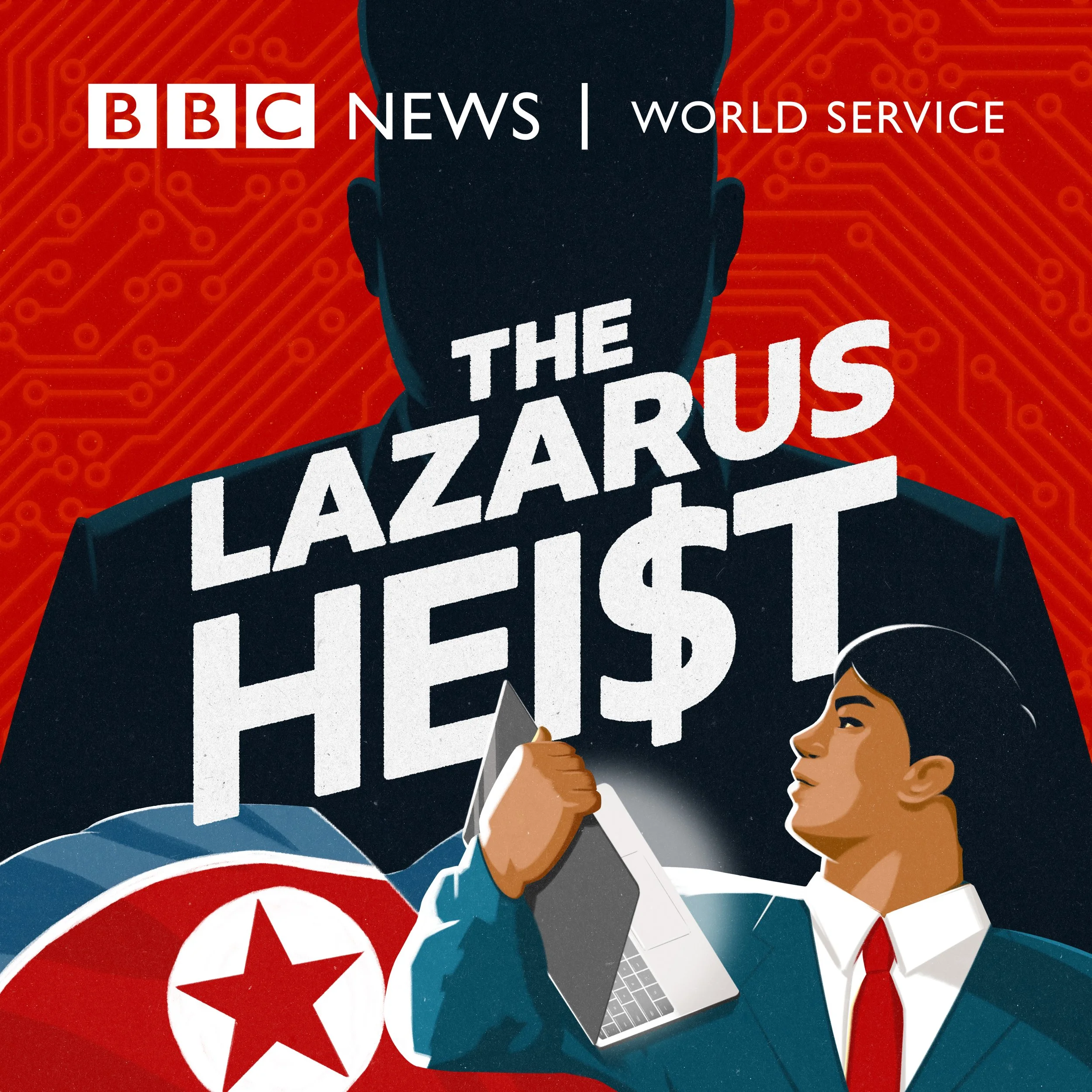

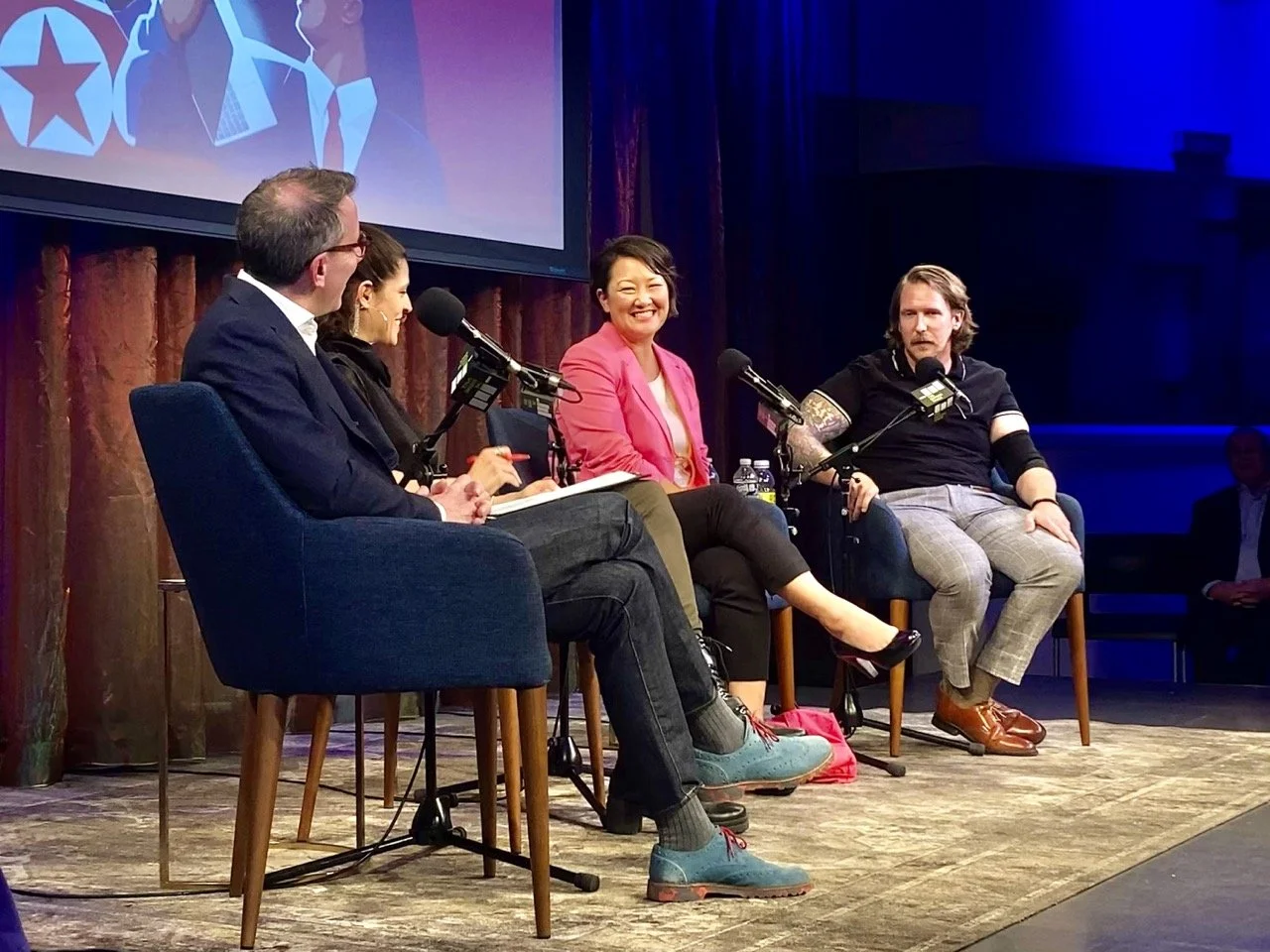


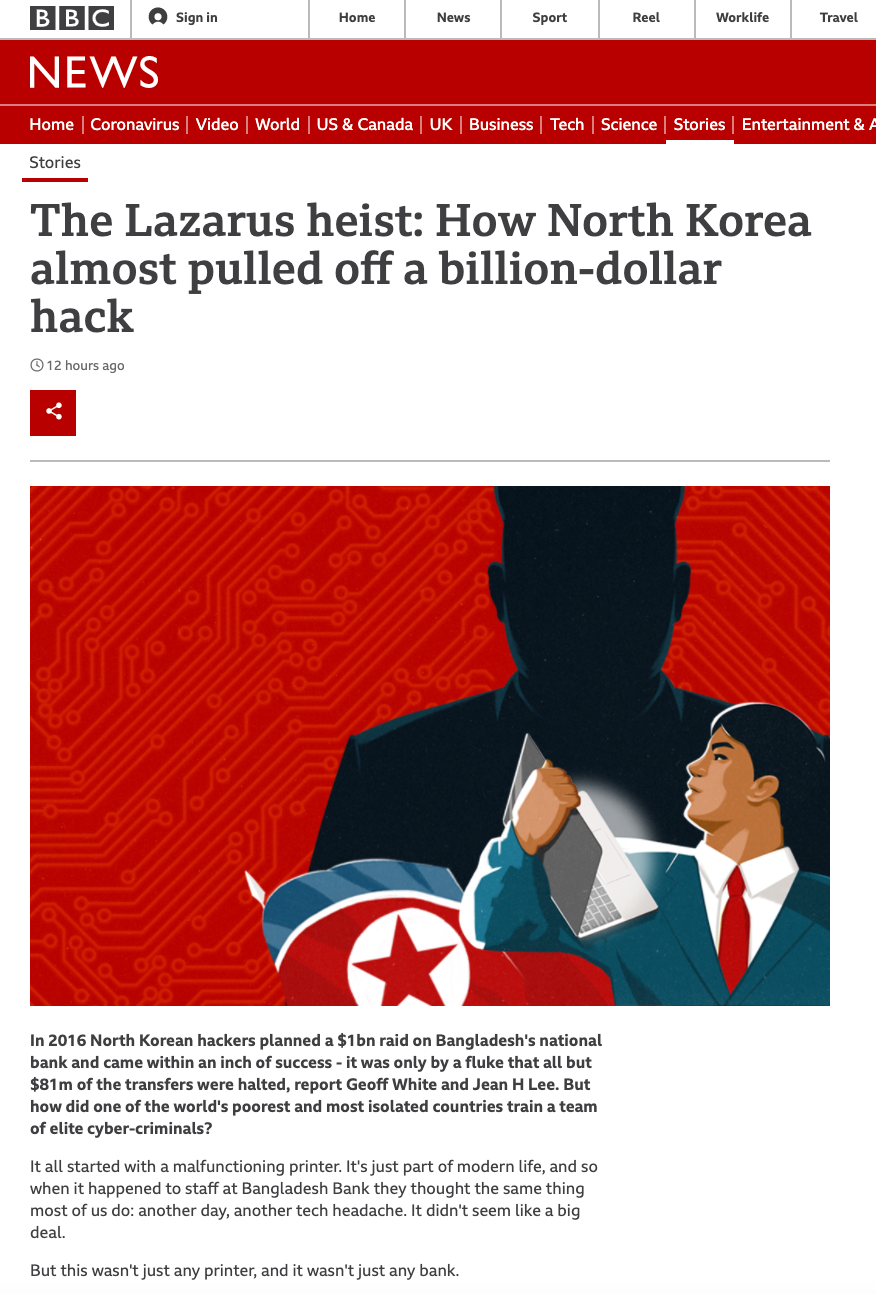
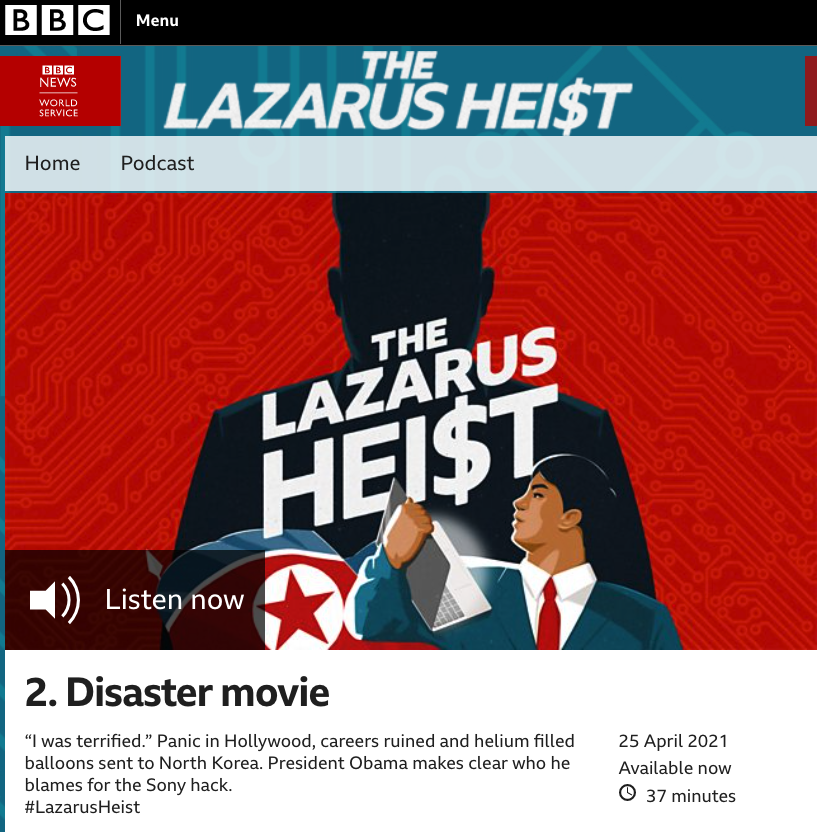












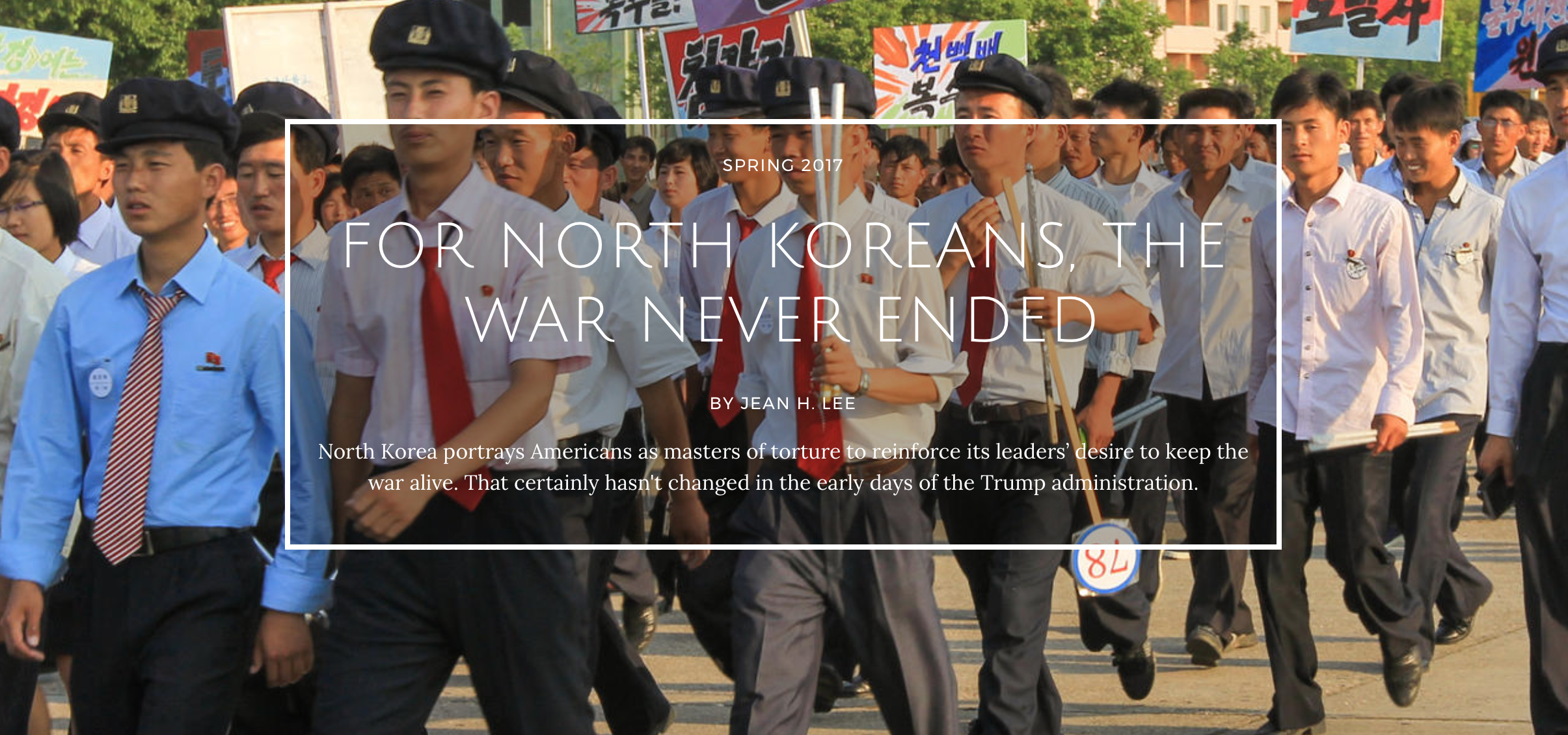



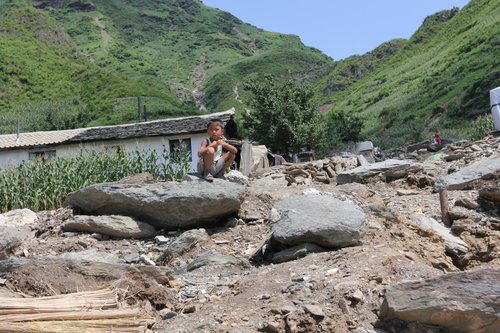




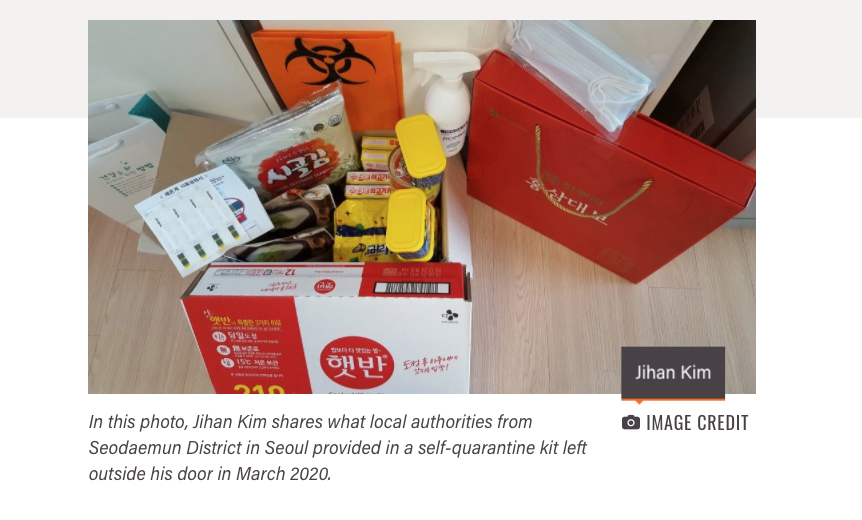
Download all episodes of The Lazarus Heist, watch Lazarus Heist animations, read our feature story about the hackers and view visualizations of the podcast episodes on Lazarus Heist homepage on the BBC World Service website!